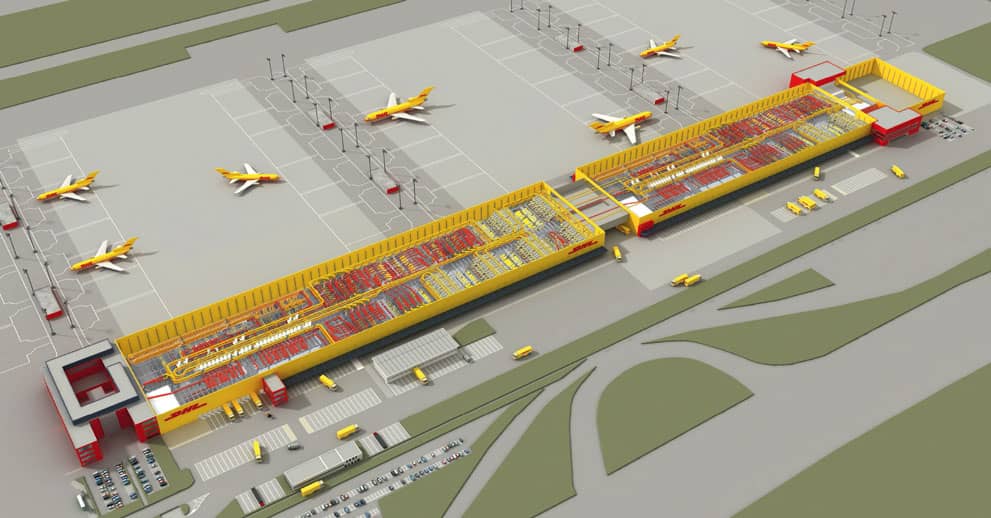It’s not hard to locate a Mama Put joint, a Mai shayi or a roadside mechanic in a Nigerian neighbourhood. They’re everywhere, accounting for 80% of employment in the country. What’s more interesting is, the nation can’t do without them as they contribute over 65% of its GDP.
This means it’s nearly impossible for businesses to thrive in Nigeria without understanding the informal economy.
Nigeria's massive network of informal businesses keeps the economy going. For SMEs, this can be both tricky and full of chances. Let’s see how your business can thrive in this market.

Understanding the informal economy
The informal economy, often referred to as the "shadow" economy, encompasses businesses that operate outside the formal regulatory framework. In Nigeria, this sector is vast and complex, driven in part by the challenges of formalization. Despite the lack of official oversight, a remarkable 98% of informal businesses pay taxes, albeit often to non-state entities.
Informal enterprises in Nigeria are typically small, family-run operations that thrive on cash transactions, limited record-keeping, and powerful social networks. Their adaptability is a hallmark of success in this dynamic environment, where the ability to pivot quickly in response to shifting market trends is paramount.
Here are a few other characteristics you need to keep in mind about this sector:
They love cash: Businesses here will almost always choose cash over digital payments. They believe it’s quicker and safer this way. However, this can be a challenge when transacting with them, since cash transactions can be difficult to track without proper record-keeping.
Limited Record-Keeping: Most businesses don't do full accounting. They might keep some notes on their income and expenses, but it's not always detailed or organised. This can make it tough to see how well the business is doing or track your dealings with them.
Social Networks and Trust: This is arguably the biggest advantage Nigeria’s informal market possesses. They thrive on strong social networks and trust-based relationships. This is why they often have local trade unions.
- Adaptability: Nigerian informal businesses are masters of adaptation. They can quickly adjust their product offerings, pricing strategies, and marketing tactics to respond to changing market trends and customer preferences.

Top Tips for Winning in Nigeria's Informal Markets
So, you've grasped the way Nigeria's informal markets work. Now, let's get down to brass tacks and see how your small business can thrive in this exciting yet challenging environment:
Study the competition, the hard way: Remember, there’s no public data on who’s doing what in the informal sector. So, there’s no easy way to do market research. You’ll need to do the legwork and gather hard data about your competition. Pay close attention to your immediate surroundings. Visit local markets, talk to customers, and observe what your competitors are selling, how they price their offerings, and how they interact with customers.
Engage with Trade Associations: Many informal businesses operate under local trade associations or unions. These associations often share information and insights among members. Building relationships within these groups can provide valuable intel on market trends and competitor activity.
Team Up with Local Suppliers: Many businesses struggle to achieve reliable supply chains and distribution networks. But you can overcome this challenge by establishing strong partnerships with local suppliers. An added advantage is that local suppliers often know the market really well. They can tell you what people are buying these days and what new trends are coming up. This can help you pick the best things to sell.
- Build a strong reputation: Your customers must trust you to always give them value for money, and always be on time.
Team up with a reliable logistics partner
Navigating the complexities of the informal economy can be daunting, but with the right partner, SMEs can thrive. At DHL, we understand the unique challenges of doing business in Nigeria and are committed to supporting your success.
Our expertise in logistics and supply chain management can help you build trust with your customers and partners, while our hands-on support team is dedicated to ensuring your operations run smoothly. By opening a business account with DHL, you can give your business the edge it needs to succeed in this exciting and dynamic market.




































